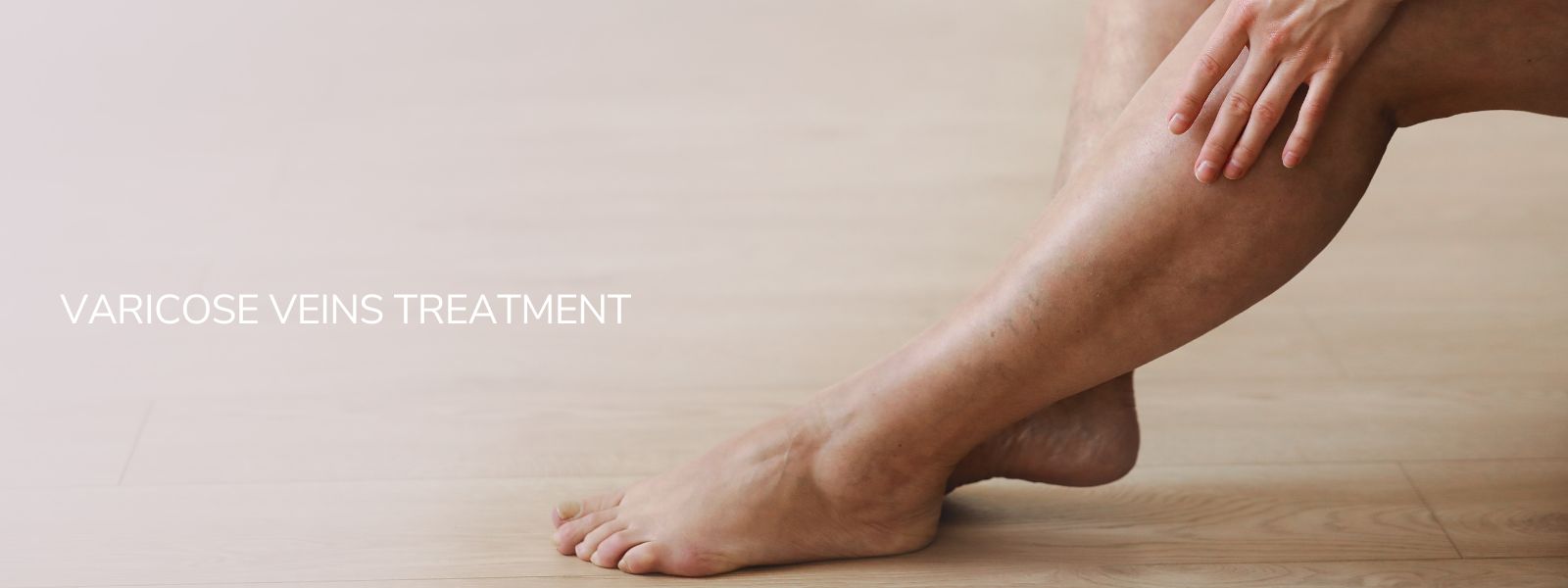
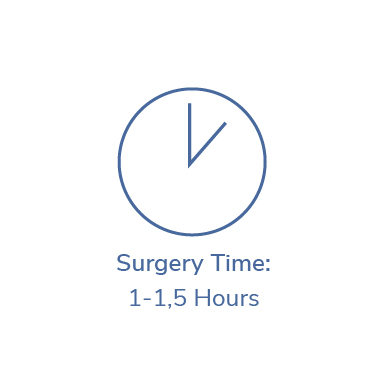

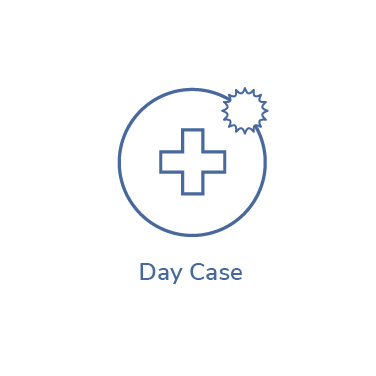



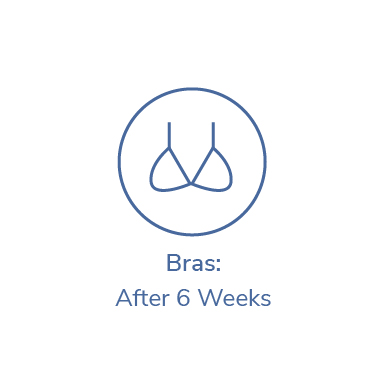
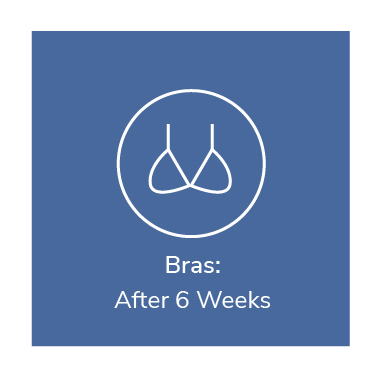

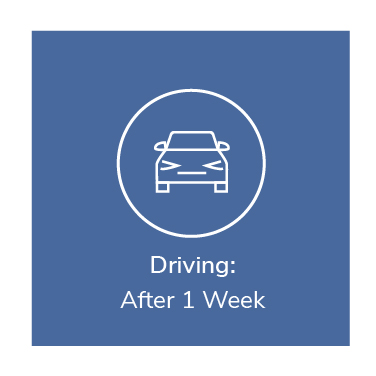

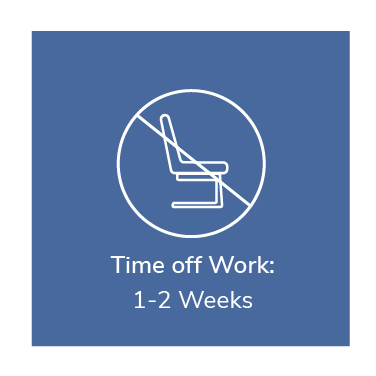
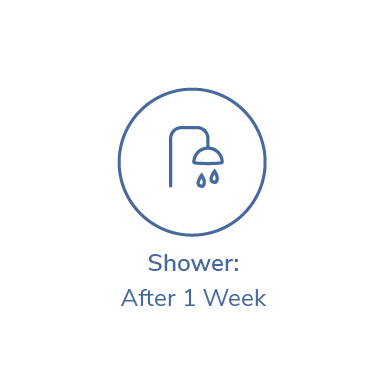
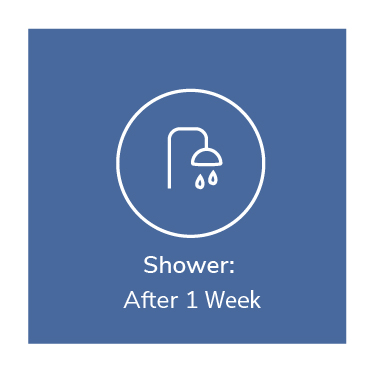
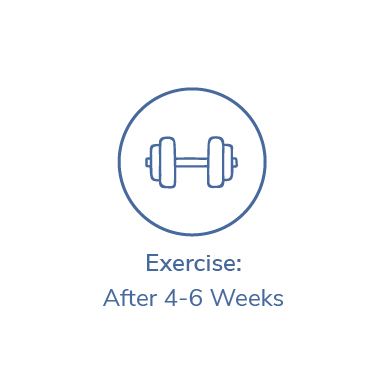
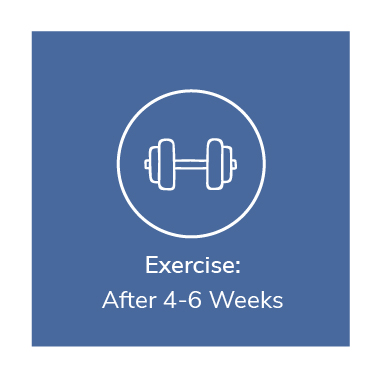

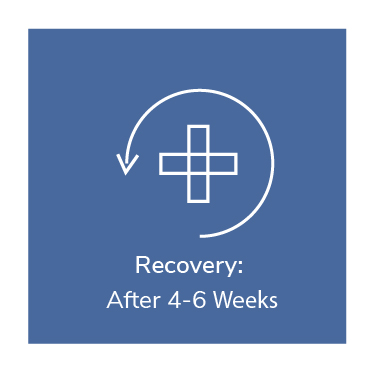
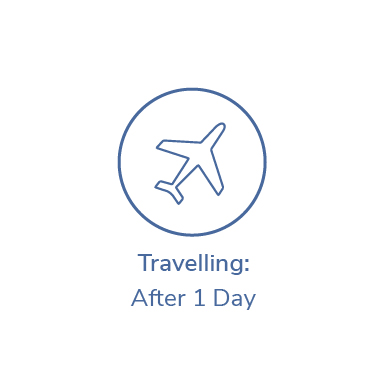

WHAT IS A Varicose Veins Treatment?
Varicose veins are enlarged, twisted veins that commonly appear in the legs. They occur when the valves in the veins, which normally ensure blood flows towards the heart, become weak or damaged. This weakness causes blood to accumulate in the veins, leading to swelling and the characteristic twisted, bulging appearance. Often blue or dark purple, these veins can cause discomfort and are not just a cosmetic issue. Risk factors include ageing, prolonged standing, obesity, pregnancy, and genetics. While sometimes treated for aesthetic reasons, addressing them can also relieve symptoms like pain, swelling, and fatigue in the legs.
Varicose veins occur when there's too much pressure in the veins in your legs, which are only meant to handle low pressure. Some of the most common causes include genetic issues with the valves, hormonal changes (like during pregnancy), injury to the veins, past DVT, getting older (though people of any age can get varicose veins), being overweight, and jobs where you stand a lot without moving much.
Varicose veins can cause many problems in your legs, such as swelling, itching, pain, feeling like your legs won't stay still, and skin issues like varicose eczema. They can sometimes bleed, especially in older people, even from a small injury. These veins can also lead to skin damage and, in some cases, painful open sores that take a long time to heal if not treated properly.
Candidates for varicose vein treatment typically include individuals experiencing symptoms such as swelling, itching, pain, or fatigue in the legs. Risk factors such as aging, obesity, pregnancy, and genetics may also indicate candidacy. Consultation with a vascular surgeon can determine suitability for treatment based on individual health factors and symptoms.
Varicose vein treatment involves minimally invasive procedures such as Endovenous Laser Ablation (EVLA), Foam Sclerotherapy, and Avulsions (Phlebectomies). EVLA utilizes laser energy to close off diseased veins, while Foam Sclerotherapy and Avulsions involve closing off blood flow in affected veins. These outpatient procedures offer quick recovery times and relief from symptoms associated with varicose veins.
Unlike traditional surgery, which often requires incisions and longer recovery times, varicose vein treatment utilizes minimally invasive techniques performed in an outpatient setting. Procedures like EVLA, Foam Sclerotherapy, and Avulsions cause less discomfort and allow for quicker recovery. Additionally, these techniques target the underlying cause of varicose veins, offering effective relief from symptoms.
Seeking varicose vein treatment can provide numerous benefits, including relief from symptoms such as pain, swelling, and fatigue in the legs. Treatment also addresses cosmetic concerns associated with varicose veins, improving the appearance of the legs and boosting self-confidence. Additionally, addressing varicose veins can prevent complications such as skin issues and ulcers, enhancing overall vein health and quality of life.



The Consultation
Our consultation process includes a Duplex Ultrasound Scan, a non-invasive yet highly effective diagnostic tool. This advanced technology allows our skilled vascular surgeons to delve deep into the underlying issues of your varicose veins, ensuring a diagnosis that’s both accurate and thorough.
During your consultation, you are not just a patient but an active participant in your healthcare. We encourage you to engage openly with our vascular surgeon, who will answer all your queries and concerns. This is your opportunity to gain clarity and comfort about your condition and the potential treatment paths.
Following the diagnosis, we will provide you with a detailed treatment plan. This plan is not only bespoke to your specific needs but also transparently priced. We believe in clear, fixed pricing, ensuring that you are fully informed about the costs involved with no hidden surprises.
Treatment Methods
In recent years, the treatment of varicose veins has undergone a remarkable transformation, moving away from complex surgical procedures to more refined, patient-friendly techniques. That now allow us to do all our procedures in an out- patient setting with minimally invasive techniques causing less discomfort and allowing for quicker recovery. Patients typically experience minimal downtime, walking out of the clinic the same day the procedure is performed.
We have completed more than 35,000 successful treatments and we always select the most efficient, safe and comfortable methods recommended by the National Institute for Health and Care Excellence. Our treatment methods include Endovenous Laser Ablation (EVLA), Foam Sclerotherapy and Avulsions.
Endovenous Laser Ablation (EVLA) involves inserting a thin laser fiber into the diseased vein through a needle, after which it is heated, contracts, and dies over time. This eliminates the possibility of blood flowing back in the diseased vein, causing visible varicose veins, thread veins, and symptoms.
WHAT they say
Now I can work full-time gain and go for a walk, which I haven’t done since the summer. Now, a new life will begin.
Eva
I don't feel the problem anymore after the treatment, and I have been able to work without a problem.
Michelle
The biggest surprise when I came into the clinic was how calm it was. The treatment was done in a friendly spirit.
James
I usually get nervous, but I wasn't nervous because the surgeon told me precisely what would happen step by step.
Penelope
You get a very good treatment here and the consultation and treatment process made me feel very welcome.
Anne
FAQS
Dermal fillers are injectable substances, typically made of hyaluronic acid, used to restore volume, reduce wrinkles, and enhance facial contours.
Dermal fillers work by adding volume to the targeted areas of the face, filling in wrinkles or hollows and providing a more youthful and rejuvenated appearance.
Dermal fillers have been extensively studied and are considered safe when administered by a qualified healthcare professional. However, there can be potential risks and side effects, which can be minimized by choosing an experienced injector.
The duration of dermal fillers varies depending on the specific filler used and individual factors. Generally, results can last from several months to over a year before a touch-up or maintenance treatment may be needed.
Some dermal fillers, particularly those made of hyaluronic acid, can be reversed or dissolved using an enzyme called hyaluronidase. This can be helpful if adjustments or corrections are desired.
Discomfort during dermal filler injections is usually minimal. Many fillers contain lidocaine, a local anesthetic, to help numb the treatment area. Additionally, healthcare professionals can use topical numbing creams or ice to further minimize discomfort.
Downtime is typically minimal with dermal fillers. You may experience some swelling, redness, or bruising at the injection sites, but these side effects usually resolve within a few days. Most individuals can resume normal activities immediately after the procedure.
Yes, dermal fillers can often be combined with other cosmetic treatments such as botulinum toxin injections (Botox®), chemical peels, or laser therapies for a comprehensive facial rejuvenation approach. Your healthcare professional can advise on the best combination for your specific needs.
FAQ
About thirty percent of all people suffer from varicose veins at some point in their lives. Varicose veins are hereditary, so if one of your parents has had varicose veins, you are genetically predisposed to developing varicose veins yourself.
While varicose veins can be a cosmetic concern for many, they can also cause discomfort and lead to complications like skin changes, ulcers, and an increased risk of blood clots.
Lifestyle changes such as regular exercise, maintaining a healthy weight, elevating your legs, and avoiding long periods of standing or sitting can help reduce the risk and alleviate symptoms of varicose veins.
A normal-length operation takes between 45 and 60 minutes. A larger operation on both legs can take up to 90 minutes.
Some think that the anesthetic injections hurt, but as soon as these are completed, you are anesthetized and the remaining treatment should not be felt. We always strive to make you as pain-free and comfortable as possible.
There is no evidence that it helps with the long-term results or reduces the risk of complications. But if you think it helps against swelling and discomfort, you can use a knee-high compression stocking for 5–6 days after the treatment. You must buy the
compression stockings yourself.
There is no specific prohibition against physical training after treatment. You can lift, walk, and run to the extent that you feel capable of it.
As long as you have visible discolorations and/or scars, it is recommended that you use strong sunscreen, at least SPF 30, on your legs when you are in the sun. Direct sunbathing and tanning beds are not recommended, but you can move freely outside in the sun without covering yourself. To consider the risk of infection, you should avoid bathing in a bathtub, swimming.
Medical Team
Meet our dedicated team of expert surgeons who specialize in varicose vein treatments

Mr Gary Maytham
Mr. Gary Maytham is a highly experienced Consultant Vascular Surgeon based in London. He specialises in treating varicose veins, peripheral vascular disease, abdominal aortic aneurysms, carotid artery disease, and diabetic foot conditions. His career includes notable roles such as the Care Group Lead at St George’s Hospital’s Vascular Institute and Clinical Lead for Vascular Trauma at the Major Trauma Centre. Educated at the University of Witwatersrand, South Africa, he furthered his training in the UK, earning an MPhil from the University of Sheffield. Mr. Maytham is also active in surgical training and has contributed to medical literature and international presentations, particularly in venous disease management.

Mr Tahir Hussain
Mr. Tahir Hussain is a Consultant General and Vascular Surgeon with over 25 years of experience. He specialises in minimally invasive surgery for varicose veins, utilising techniques like Endovenous Laser Ablation (EVLA), Radiofrequency Ablation (RFA), VenaSeal, Phlebectomy, and Foam Sclerotherapy. Additionally, he is an expert in hernia repair surgery. Passionate about treating venous diseases, Mr. Hussain adopts a supportive and understanding approach in his consultations. He is also recognised for his work in volumetric blood flow analysis and has been featured as a Top Doctor in Tatler’s Beauty and Cosmetic Surgery Guide 2021.

Mr Selva Theivacumar
Mr. Selva Theivacumar is a leading Consultant Vascular & Endovascular Surgeon with a special interest in minimally invasive treatments of varicose veins. He has been pioneering minimally invasive endovenous procedures for varicose veins since 2005. He has completed his research thesis at the University of Leeds and obtained his postgraduate research degree “Doctor of Medicine” on “Assessment and minimally invasive treatment of varicose veins by endovenous laser ablation” in November 2011. He has published more than 20 peer reviewed publications in respected journals about minimally invasive varicose vein treatments. His other vascular expertise includes minimally invasive treatment of aortic aneurysms, and intermittent claudication. He also specialises in surgical management of TIA’s and stroke prevention, including carotid endarterectomy and peripheral bypass surgery. Trained in both open and endovascular techniques, he completed his medical studies at the University of Colombo, Sri Lanka, and furthered his training in Yorkshire, London, UK and in Melbourne, Australia.
CONTACT DETAILS
Feel free to get in touch with us through the following contact details







